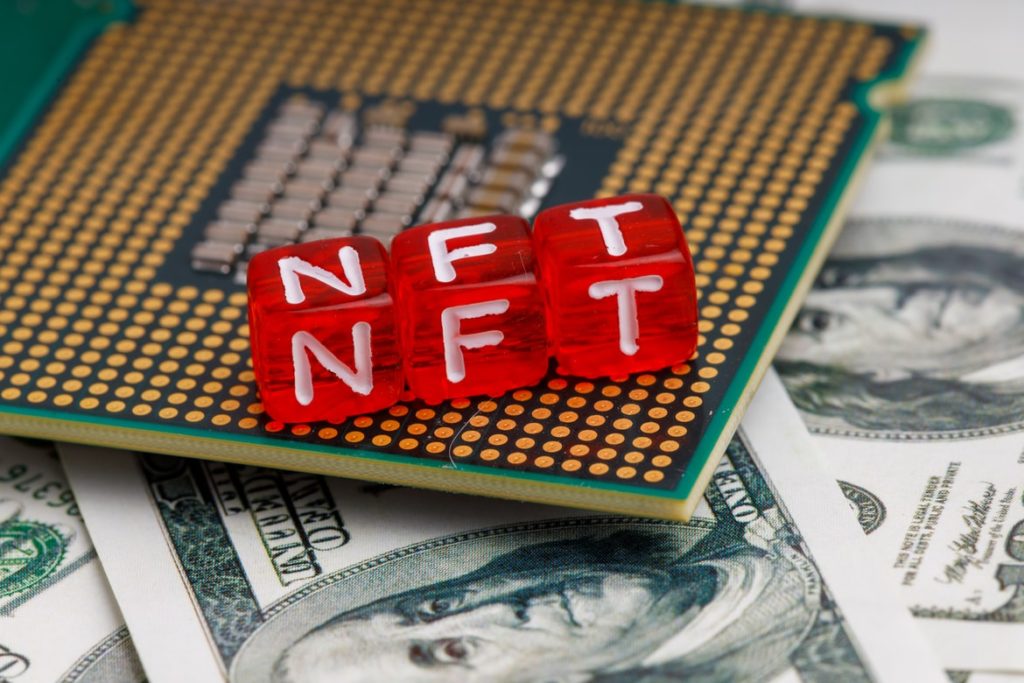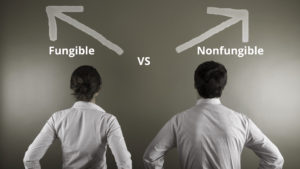NFTs has exploded over the last year or so, which prompts many questions. Of course, skeptical people just shake their heads and ask, “why”? But, the huge rise in sales of NFTs makes most people genuinely question what they are and wonder whether they may be missing out on an enormous opportunity.
An NFT is a unique digital code representing some digital object, such as a piece of digital art, videos, podcasts, gaming tokens, collectible sports cards, tokenized versions of tweets or GIFs, trading cards, collectibles, virtual real estate, or music. Physical items can also be NFTs. These items run on the blockchain, a secure, decentralized, and cryptographically based online ledger that tracks and provides proof of ownership for virtual collectibles.
What does NFTs stand for?
NFT stands for non-fungible token. It’s usually constructed the use of the identical sort of programming as cryptocurrency, like Bitcoin or Ethereum, however that’s in which the similarity ends. Physical cash and cryptocurrencies are “fungible,” that means they may be traded or exchanged for one another.
NFTs have generated a buzz online because they present a great opportunity for online creators and collectors. However, since these objects are virtual and ownership is tracked by cryptography instead of written documents, estate planning for NFTs presents some complications that are not seen in traditionally inherited objects, such as real property or accounts.
The Basics of NFTs
Fungible vs. Nonfungible
A fungible object is mutually interchangeable. For example, a dollar bill is interchangeable with another dollar bill. They each have the same value and can be used for the same purposes. Bitcoin is also fungible. Fungible objects such as dollars and Bitcoin can be divided into smaller denominations. Each denomination is also fungible. A dollar bill can be exchanged for ten dimes. Each dime has the same value, and ten dimes have the same value as the dollar.
A nonfungible token is unique. It refers to intellectual property that the creator verifies is unique. An NFT cannot be directly replaced by or exchanged one-on-one for another token. No two NFTs are identical even if a creator creates a series of objects, such as 13 digital photos, only one of these photos is number five of 13. However, NFTs do not derive their value from their uniqueness. Market forces determine value. If many people want the NFT, its value increases. Likewise, if no one wants it, its value falls.
How NFTs are tracked?
Since NFTs are digital objects, collectors need to have a way to prove their ownership. The blockchain serves this purpose. An NFT is linked to a specific digital object, such as an image. The NFT serves as a type of certificate of authenticity for owning this image. Tokenizing assets such as ownership of a digital image on the blockchain makes buying, selling, and trading the asset safer and more efficient.
Physical objects such as event tickets, unique fashion items, and legal documents can also be tokenized as NFTs to provide a means for proving ownership on the blockchain.
Are You Ready to Buy an NFT?
Here are some examples of online marketplaces that sell NFTs:
- Mintable
- OpenSea
- Nifty Gateway
- Rarible
- Zora
You will need cryptocurrency to make your purchase. One of the most popular cryptocurrencies used for buying NFTs is Ethereum. Just like with real-world cash, you will need a cryptocurrency wallet to send and receive cryptos and make purchases. However, unlike your typical wallet, a cryptocurrency wallet is an online application.
The next step is to connect your cryptocurrency wallet to the NFT marketplace. Once done, you can begin searching for and buying NFTs. The marketplace works like an auction. You will be bidding against other buyers. Remember, market forces will determine the value.
Owning an NFT
Now that you own the NFT, what are you going to do with it? You can display it online if it is a digital image. The metaverse is a virtual world that allows NFT owners to display their purchases. Decentraland is an example of a metaverse that provides a platform for users to create, explore and trade their online assets in a virtual world.
If market forces increase demand for your NFT, you may want to hold on to it as an investment. Then, if its value increases over time, you can resell it for a profit. For example, savvy investors who bought digital artwork from the artist Beeple have made huge profits when reselling their NFT.
The metaverse and the virtual world are in their infancy. It is certainly possible that the NFT you buy today may be worth more than any of your traditional accounts or property in the future.
Estate Planning for NFTs
A review of the NFT ownership process:
- Get a cryptography wallet, a digital application that is used to store your cryptos, digital codes, and to purchase your NFTs.
- Choose a broker or crypto exchange to buy cryptocurrency.
- Purchase your NFTs on an NFT marketplace.
- Store your digital keys for your NFT in your wallet. This will allow you to access your NFT on the blockchain. (Make sure your wallet is compatible with the type of blockchain on which the NFT is built).
If you want to transfer your ownership of the NFT to another person during your lifetime, the process is straightforward. Select the NFT you want to transfer from your wallet, enter the recipient’s wallet address, and send them the token along with a transaction fee.
When estate planning, you will need to have plans for who can access your digital wallet. Without these plans, the NFTs you have and their value may be lost forever. Your estate plan should include:
- Instructions on who will inherit your digital assets
- When these assets should be transferred to your beneficiaries
- How to access your digital wallet to make these transfers
There is a whole new digital world out there. Contact us if you need help with estate planning for your traditional accounts and property and your digital assets.
You can schedule a call with us or reach us directly at 855.631.3457 to learn more about how best to plan today to protect those most important to you.










